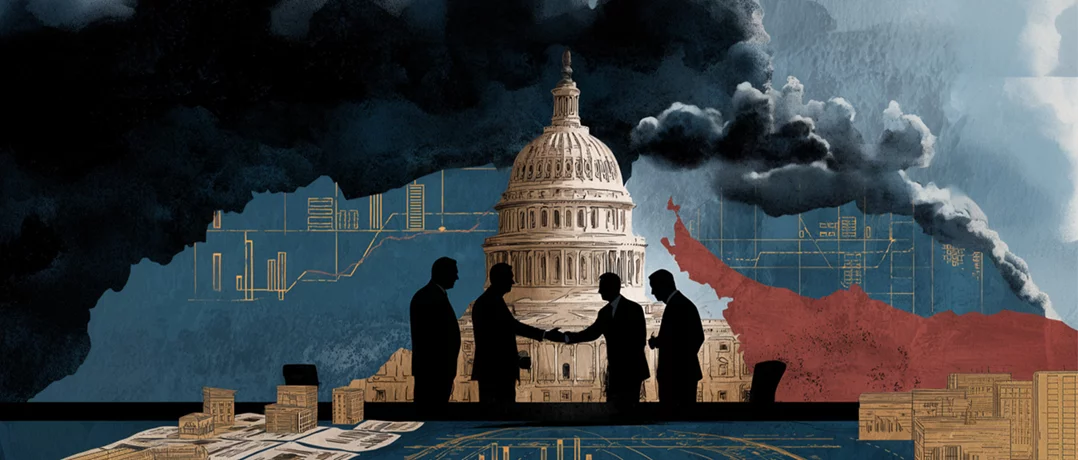Lebanon seeks support at IMF and World Bank meetings, facing pressure to speed up reforms amid ongoing instability.
Washington 2025: Lebanon under pressure to accelerate reforms
Washington 2025: Lebanon under pressure to accelerate reforms


The Lebanese delegation is in Washington from October 13 to 18 for the annual meetings of the IMF and the World Bank. While early discussions were described as “positive” and “frank,” international partners are pressing Beirut to move faster despite a tense security environment.
It marks a solemn return to the global stage. Once again, Lebanon has sent its top officials to Washington: Finance Minister Yassine Jaber, Central Bank Governor Karim Souhaid, and Lamia Moubayed-Bissat, President of the Institute of Finance to convince international financial institutions that the country is finally advancing long-awaited reforms promised since 2019.
A familiar but determined delegation
Arriving over the weekend, the delegation mirrors that of the Spring Meetings earlier this year. Alongside the main trio, a representative of the Baabda Palace and several key members of Parliament, including the head of the Economic Committee, also joined. This continuity underscores Lebanon’s ongoing attempt to maintain dialogue with its lenders, following earlier progress on banking secrecy reforms.
From the World Bank halls to the IMF corridors
The week began with a meeting with World Bank executives, where Minister Jaber outlined both completed and pending reforms, highlighting the $250 million loan dedicated to rebuilding critical infrastructure in South Lebanon.
However, the delegation also acknowledged ongoing challenges notably recent Israeli airstrikes that destroyed reconstruction equipment in Msayleh, underlining how regional instability continues to threaten recovery efforts.
In response, the World Bank announced plans to send a mission to Lebanon in November to assess the situation on the ground and reaffirmed its close monitoring of talks with the IMF.
Inside the IMF discussions
Talks with Ernesto Ramirez Rigo, the IMF’s mission chief for Lebanon, were described as “frank and constructive.” The finance minister and the central bank governor reiterated their readiness to integrate the IMF’s recommendations particularly concerning the Bank Resolution Law passed in July and to work toward a parliamentary consensus.
Yet, the central dispute remains the distribution of financial losses within Lebanon’s banking sector.
The IMF maintains that shareholders must bear their share of losses before depositors are affected, a stance strongly opposed by a bloc formed by the central bank, commercial banks, and business associations.
In parallel, a technical meeting focused on designing a medium-term fiscal framework aligned with Lebanon’s reform commitments another critical IMF requirement.
Expectations and warnings from Washington
The message from international institutions was blunt:
Move faster despite the obstacles.
Officials voiced disappointment over Lebanon’s lack of tangible progress since April. The IMF’s Executive Board could make future assistance conditional on concrete action.
Meanwhile, MP Farid Boustany urged that the hierarchy of losses be respected to prevent “innocent depositors” from paying for the banks’ mismanagement.
This Washington mission is more than a diplomatic trip, it’s a litmus test for Lebanon. While global lenders are willing to listen, they now demand results. In a region shaken by war and political instability, Lebanon must prove that reforms are not just promises on paper but real steps toward recovery. Turning the IMF and World Bank meetings into progress rather than another round of missed opportunities is now a matter of national credibility.


